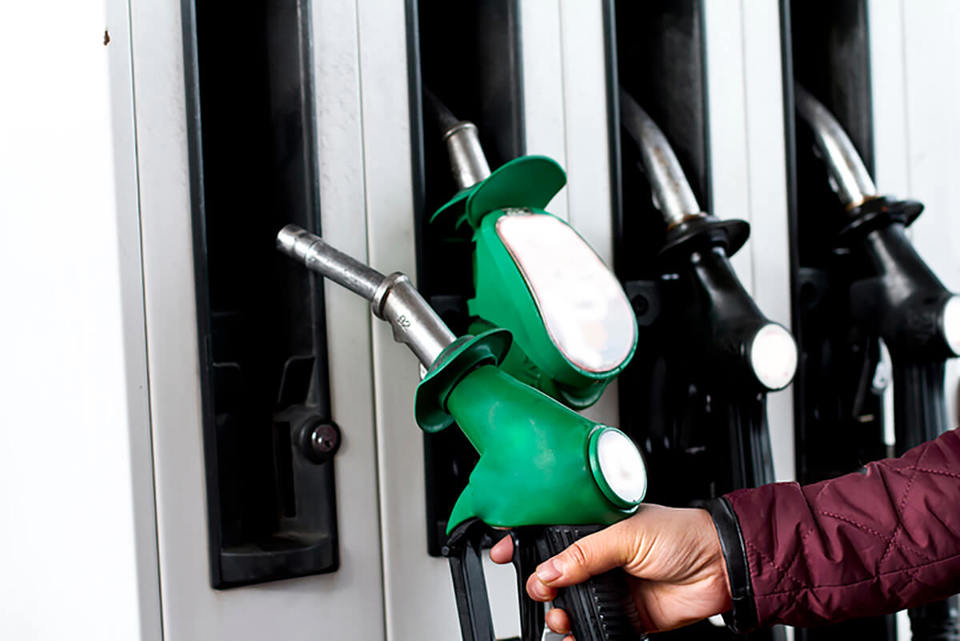The price of US oil has turned negative for the first in history as the coronavirus pandemic has caused global demand to collapse – but this is not yet being reflected fully at the fuel pumps.
Earlier this month, oil producing countries agreed to collectively slash global output by an unprecedented 10 million barrels a day, or about 10%. However, demand has dropped by 30 million barrels a day or more.
The price of a barrel of West Texas Intermediate (WTI), the benchmark for US oil, fell as low as minus $37.63 a barrel as oil producers are paying buyers to take it over fears that storage capacity could run out in May.
The impact on Brent Crude – the benchmark used by Europe and the rest of the world, has been less as there is still capacity in which to store it: it has fallen 8.9% to less than $26 a barrel.
According to the Fleet News Regional Fuel Prices tool, average petrol prices in the UK have fallen 11p a litre in the past month, but the wholesale cost of fuel has dropped by much more than that.
Currently, the average price of a litre of diesel is 111.64p, with unleaded at 106.91ppl. One month ago, they were 122.01ppl and 118.69ppl respectively.
Once tax and fuel duty have been factored in, the RAC calculates that under normal circumstances petrol prices should be about £1 a litre.
RAC fuel spokesman Simon Williams said: “The oversupply of oil continues to suppress the barrel price and it’s clear now that plans by some of the world’s largest oil-producing nations to limit production haven’t yet been enough to lift the price – there’s currently too little demand for oil in the first place.
“It’s right that retailers charge a fair price for fuel that reflects the price of the raw product, and in theory petrol prices could fall below £1 per litre if the lower wholesale costs were reflected at the pumps – but at the same time people are driving very few miles so they’re selling vastly lower quantities of petrol and diesel at the moment.
“This means many will be at pains to trim their prices any further.
“We also continue to be concerned about smaller forecourts that provide a vital service in areas where the supermarkets don’t have a foothold as many are already finding conditions tough with sales having fallen off a cliff since lockdown.
“It would be bad news all round if these forecourts shut up shop for good.”
Luke Bosdet, fuel price spokesman for the AA, added: “It is likely that once Covid-19 is defeated there will be calls for a review of UK pump prices during the current oil and commodity fuel price crash, as there were in the years after the 2008 to 2012 price spikes.”
At the end of March supermarket giants Morrisons and Asda reduced their fuel prices by 12p per litre for petrol and 8ppl for diesel as the coronavirus Covid-19 crisis continues.
The cuts follow a plunge in oil prices caused by a trade war between Russia and Saudi Arabia, which saw Saudi Arabia – which produces about 10% of the world’s oil – decide to slash prices and ramp up its production.























Gordy - 21/04/2020 15:17
Lower pump prices would also encourage critical care workers and key workers to fill up rather than run vehicles with less than full tanks. In turn, retailers would sell more, and wholesalers would shift more, and suppliers would then have more room to store this cheaper product whilst it’s cheap. “Make hey whilst the sun shines” or in other words now is the time for a real retail price reduction and in turn the whole world benefits, not just the stock brokers.